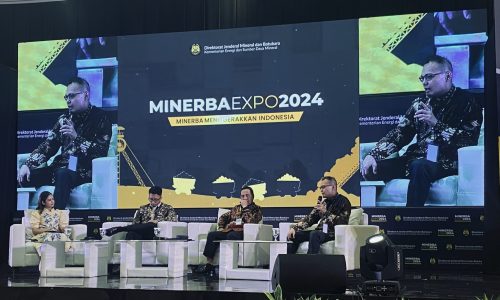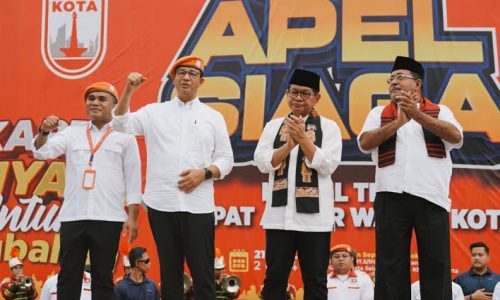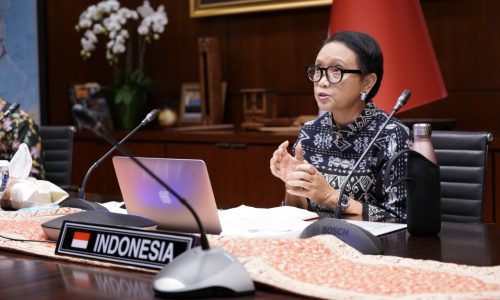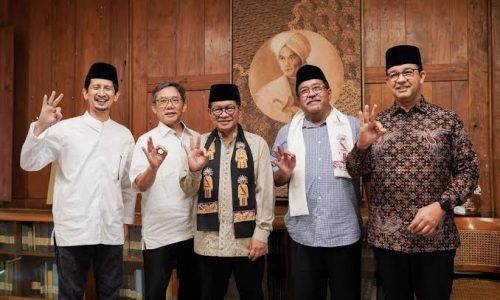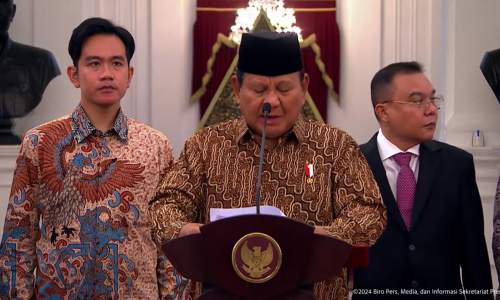The Business Competition Supervisory Commission (KPPU) has begun an investigation into indications of violations agianst Article 13 of Law No. 5/1999 on oligopolistic practices in black pepper commodity trading in Lampung province.
The investigation was held following the finding of preliminary evidence related to indications of violations committed by four black pepper exporters in the region.
This case originated from the initial investigation by KPPU since February 2024 on the black pepper trade order in the province. KPPU found that four exporters dominated black pepper purchases, controlling 64 percent of the purchase.
KPPU also found that the four exporters control the purchase of black pepper and its purchase price at the Farmer level. Their action had allegedly caused the price of black pepper in Lampung to be below the national average price, despite the fact that Lampung is the largest black pepper producing area in Indonesia.
Based on data from the National Leading Plantation Statistics for 2021-2023 by the Ministry of Agriculture, the production of black pepper in Lampung was recorded at 15,139 tons, or 18.06 percent of the total national production in 2023.
In addition to resulting in low prices, the practices of controlling the purchase of supplies and and prices carried out by the four exporters also had an impact on the conversion of crop commodities by farmers, especially on the decline in land area by farmers and black pepper production in Lampung.
The impact was also felt in the decline in the number of black pepper exporters in the province. There were 15 black pepper exporters registered in Lampung in 2020, but their number dropped to nine last year.
With the discovery of preliminary evidence of oligopsony allegations in black pepper commodity trading in Lampung by the four exporters, KPPU has increased the status of the case under further investigation which could lead to the trial stage by the Commission Panel.



